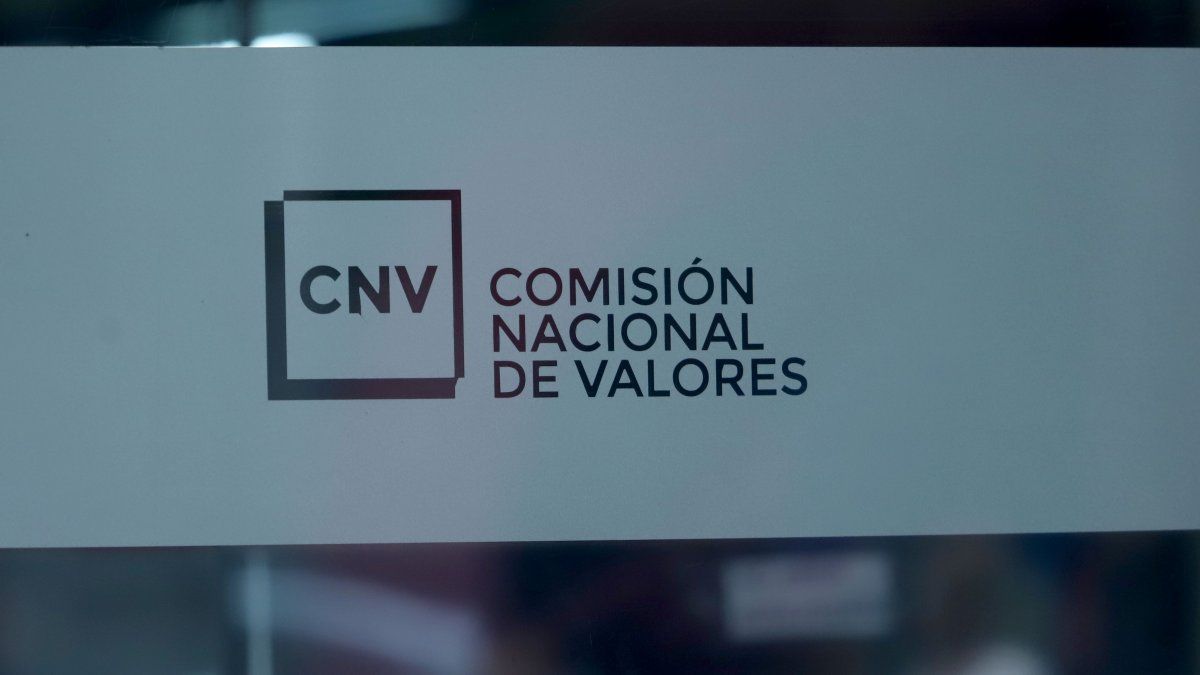After concluding a public consultation period, the National Securities Commission (CNV) approved this Wednesday the regulation of the public offering regime for financial trusts with automatic authorization. The new regulations grant facilities for emissions considered low and medium impactaccording to its amount.
The new regime was approved through general resolution No. 1051, which will be published in the Official Gazette in the next few hours. The CNV assured that “the objective of this regulation is to streamline the process of issuing fiduciary securities.”
Financial trusts: what does the CNV measure establish?
The general resolution incorporates a new regime for the authorization of public offering of trust securities that, Depending on their low or medium impact, they may be totally or partially exempt from complying with the established obligations and requirements. in the general public offering regime, and be considered public offers with automatic authorization from the CNV.
How can this more agile regime be accessed? The emission will have to be considered “low or medium impact” depending on the maximum amounts established for each category.
In both regimes, both primary placement and secondary negotiation They will be directed exclusively to qualified investors.
The details
Low impact emissions must have an amount of up to 1 million UVA (unit of purchasing value, whose value is updated based on inflation), and They will not have the need to present a prospectus nor other documents (with the exception of the trust contract) nor obtain prior authorization from the CNV.
For the regime medium impact, the amount can reach up to 7 million UVA. In this segment, the preparation of a prospectus and its publication in the Financial Information Highway will be required.
“In both cases, it will be necessary to publish the trust contracts in order to comply with the requirements of the National Civil and Commercial Code,” the capital market controller clarified in a statement.
And he added: “Fiduciaries who use these special regimes must comply with the transparency obligationsincluding the dissemination of information relating to the placement with the corresponding warnings. In addition, they must have available documentation that justifies the placement efforts to access tax benefits and comply with the simplified information regime provided for in the CNV regulations.”
The objectives
At the CNV, they explained that this new automatic public offering regime responds to the need to simplify and streamline processes for the issuance of negotiable securities in the capital markets “without compromising standards of transparency and investor protection, recognizing that financing opportunities can emerge and change rapidly.”
Robert Silvapresident of the CNVhighlighted that the organization continues “with the regulation of simplified regimes applicable to the different financial instruments, especially for those companies that are beginning their participation in the capital market” and added that “all deregulations promoted to promote the capital market will be regulated, incorporating the contributions made by market actors.”
The view of officials is that this simplification seeks to encourage access to the capital market, by reducing entry barriers.
“Despite the deregulation provided for in this rule, issues under this regime do not exempt the fiduciaries from complying with the requirements related to the public offer. This is why the CNV ratifies that the powers provided for in Law N remain in force. ° 26,831 and its modifications regarding the supervision and protection of investors,” the agency clarified.
The final text of the standard incorporated some changes with respect to the original proposal based on the non-binding opinions and recommendations received by the CNV from different market participants and sectors interested in the public consultation.
What are financial trusts?
The financial trust is an instrument that allows investors to participate in a project or a specific future collection through a debt placement or a capital participation. By purchasing debt securities from a trust, the investor lends money to the trust in order to advance funds to a project or a future flow of payments. During the validity period and until the maturity of the title, the investor receives the return of the money contributed plus an agreed interest rate.
The main characteristic of this instrument is that It is constituted from assets separate from the company that generates it. Thus, for example, a company can launch a project through a trust and its present or future creditors cannot claim rights over the trust assets. This constitutes an advantage for the investor since he participates in a project, without assuming the risk of the company that generates it.
Currently, there are financial trusts in the market on productive projects, exports of raw materials, installments of consumer goods, public works constructions, mortgage loans, among others.
Source: Ambito
I am an author and journalist who has worked in the entertainment industry for over a decade. I currently work as a news editor at a major news website, and my focus is on covering the latest trends in entertainment. I also write occasional pieces for other outlets, and have authored two books about the entertainment industry.




